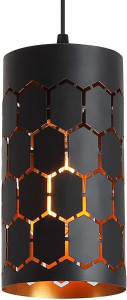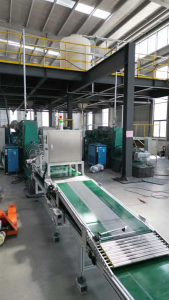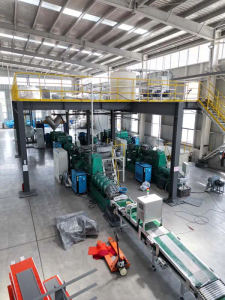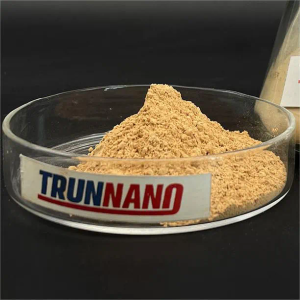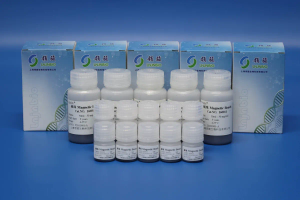Industrial Pipe Materials Discover the Advantages of HDPE
Industrial Pipe Materials: Discover the Advantages of HDPE
When it comes to industrial pipe materials, High-Density Polyethylene (HDPE) stands out as a versatile and reliable choice. With its numerous advantages, HDPE has become a popular option for a wide range of applications in various industries. In this article, we will delve into the unique characteristics of HDPE and explore the benefits it offers as a pipe material.
The Versatility of HDPE
One of the key advantages of HDPE is its versatility. HDPE pipes are highly flexible and can be used in a diverse array of applications, including water supply, drainage systems, gas distribution, and more. The flexibility of HDPE makes it suitable for installations in challenging terrains, such as areas prone to earthquakes or soil movements. Additionally, HDPE pipes can be fused together using heat to create seamless joints, ensuring leak-free performance in various environments.
Durability and Longevity
HDPE pipes are known for their exceptional durability and longevity. Unlike traditional materials like steel or concrete, HDPE is highly resistant to corrosion, chemical degradation, and abrasion. This resistance allows HDPE pipes to withstand harsh operating conditions, including exposure to corrosive substances and acidic soils. As a result, HDPE pipes have a significantly extended service life, reducing the need for frequent replacements and maintenance, which ultimately translates to cost savings for industrial applications.
Strength and Lightweight Design
Despite being lightweight, HDPE pipes demonstrate remarkable strength and toughness. This combination of strength and low weight makes handling and installation more efficient and less labor-intensive. Additionally, the flexibility of HDPE contributes to its ability to absorb impact loads, making it suitable for applications where resistance to external forces is crucial. The high strength-to-weight ratio of HDPE also facilitates transportation and reduces overall project costs.
Environmental Sustainability
HDPE is recognized for its environmentally friendly properties, making it a preferred choice for sustainable infrastructure projects. The material is 100% recyclable, and HDPE pipes can be manufactured using recycled materials, further reducing environmental impact. Additionally, the leak-free nature of HDPE pipes minimizes water loss, contributing to water conservation efforts. The longevity of HDPE pipes also results in fewer replacements, reducing resource consumption and waste generation over the lifecycle of the infrastructure.
Cost-Effectiveness and Maintenance Benefits
In addition to its initial cost advantages over traditional pipe materials, HDPE offers long-term cost savings. The material’s resistance to corrosion and chemical deterioration eliminates the need for protective coatings and cathodic protection, reducing ongoing maintenance requirements. Furthermore, the smooth interior surface of HDPE pipes promotes efficient fluid flow and minimizes friction, resulting in lower pumping costs and energy savings over time. The combined cost-effectiveness and low maintenance of HDPE make it an economically sound choice for industrial pipe applications.
In conclusion, the advantages of HDPE as an industrial pipe material are substantial. From its versatility and durability to its environmental sustainability and cost-effectiveness, HDPE continues to prove its value in a wide range of industrial and infrastructure projects. As industries increasingly prioritize performance, longevity, and sustainability, the demand for HDPE pipes is expected to continue growing, solidifying its position as a leading choice for industrial pipe materials.
